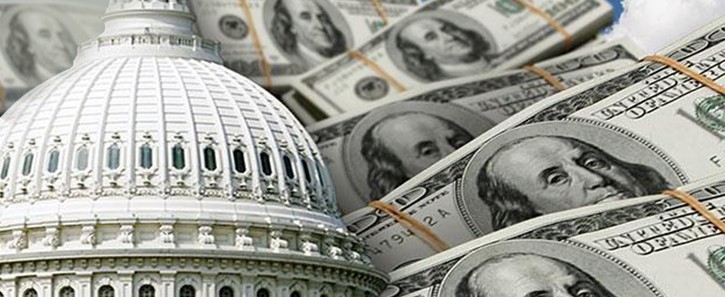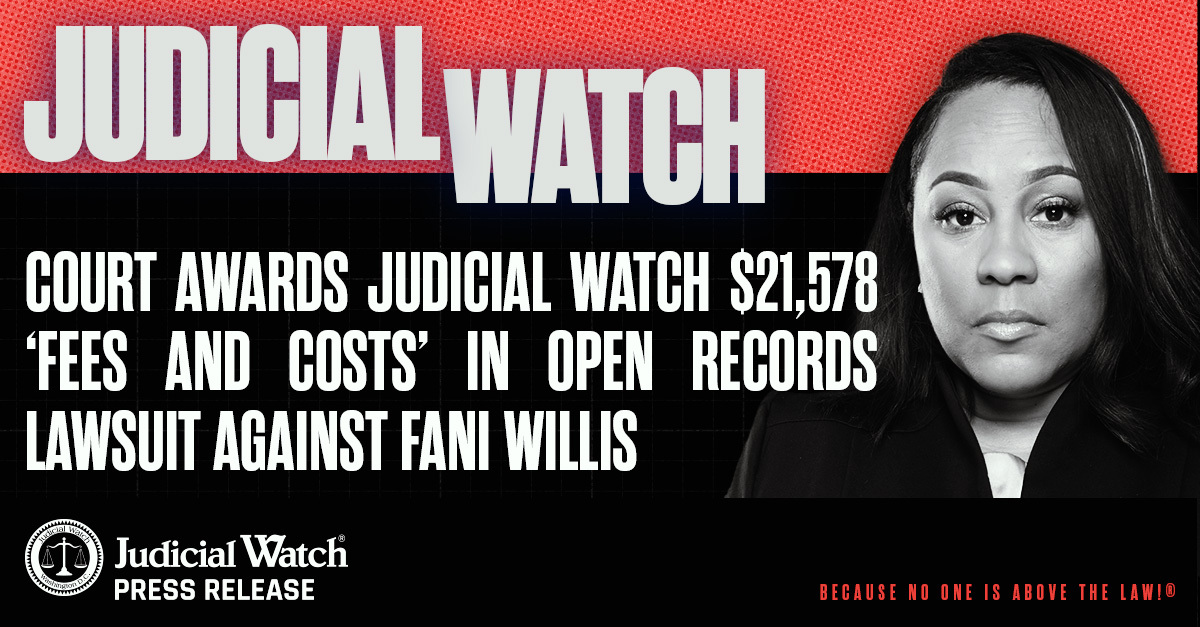

Money Laundering & Swamp Rules: Who Benefits?


Old swamps are the best swamps. Cui bono? famously asked the Roman consul Lucius Cassius, who benefits? Cassius knew a few things about swamps. He cleaned up Rome, instituted election reform, and even served as a special prosecutor. Cui bono has been a touchstone of criminal investigations for two thousand years.
Today, as in Cassius’s time, swamp benefits are matters of money and power. The stakes are enormous. The Treasury Department estimates that $300 billion in illegal cash washes through the U.S. financial system every year. Dirty money is hidden behind legal corporate structures such as shell companies, shelf companies, and limited liability entities. Congress has been trying to fix the problem for years.
There’s an “increasing flow of illegal money through our financial system,” Senator Chuck Grassley warned Congress earlier this year. “The lifeblood of criminal enterprises all over the world is their revenue. Money fuels terrorists, transnational criminal organizations, narco-terrorists and kleptocrats to grow, increase their power, and gain more influence.”
State regulations on “beneficial ownership” of business structures are the key to hiding illegal money. States do not require the disclosure of the true owner–the “beneficial owner”–of shell companies and their ilk. Secrecy is layered into the system. Corporate records are established for a shell company identifying, say, a second shell company, as the owner. That second shell company identifies a third shell as the owner of the second shell, and so on. The true owner–the one who benefits–is masked. Profits pour in. The recent Panama Papers investigation revealed more than 200,000 secretive business entities around the globe concealing billions in illicit money.
A decade ago, then-New York District Attorney Robert Morgenthau told Congress about the problems of beneficial ownership regulations. Systems “promoting opacity and secrecy are the best friend of the money launderer, the tax cheat, the fraudster, the corrupt politician, and indeed, the financier of networks of terror,” he said.
Beneficial ownership is big business. Registry agencies and lawyers establish the companies. They’re often highly paid. State agencies rake in fees. Delaware, a mecca of corporate secrecy, earns more than $1 billion annually from registration fees.
The solution to the problem of beneficial ownership is remarkably simple: transparency.
“A simple requirement to identify beneficial owners on state incorporation forms,” Morgenthau’s successor, Cyrus Vance Jr., told Congress in 2015, “would vastly improve the capacity of law enforcement.”
Grassley and Senator Sheldon Whitehouse earlier this year introduced legislation that would identify beneficial owners on state incorporation forms. The bill would “require applicants forming corporations to include basic information about the actual human beings who own the companies,” the senators wrote in an op-ed. “The states would maintain and periodically update this information and make it available to law enforcement officers who present proper subpoenas or search warrants.”
But efforts in Washington to provide a transparency solution are drowning in the swamp. Congressional critics say the new law will impose financial burdens on small businesses. Financial industries and state agencies quarrel over who would do the due diligence. Powerful lobbying groups have lined up against the changes. The U.S. Chamber of Commerce called disclosure a “paperwork nightmare.” The real estate industry wants changes in the law. The American Bar Association opposed the Grassley-Whitehouse legislation as “burdensome and intrusive.”
Bottom line: those lucrative fees, beloved by law firms and state agencies, are likely to dry up under a more transparent regime.
Cassius would understand.
***
Next week: Beneficial ownership, secrecy and campaign cash in New York State.
Micah Morrison is chief investigative reporter for Judicial Watch. Follow him on Twitter @micah_morrison. Tips: [email protected]
Investigative Bulletin is published by Judicial Watch. Reprints and media inquiries: [email protected]















